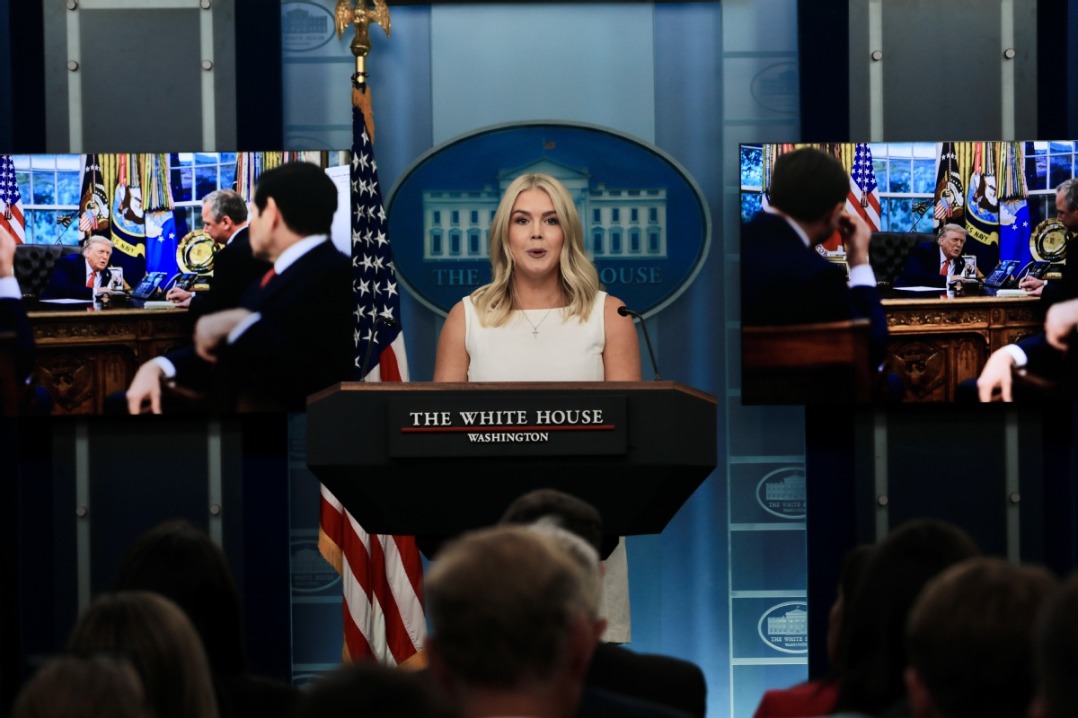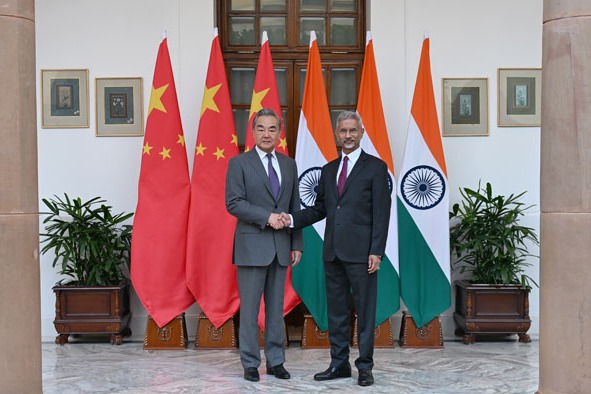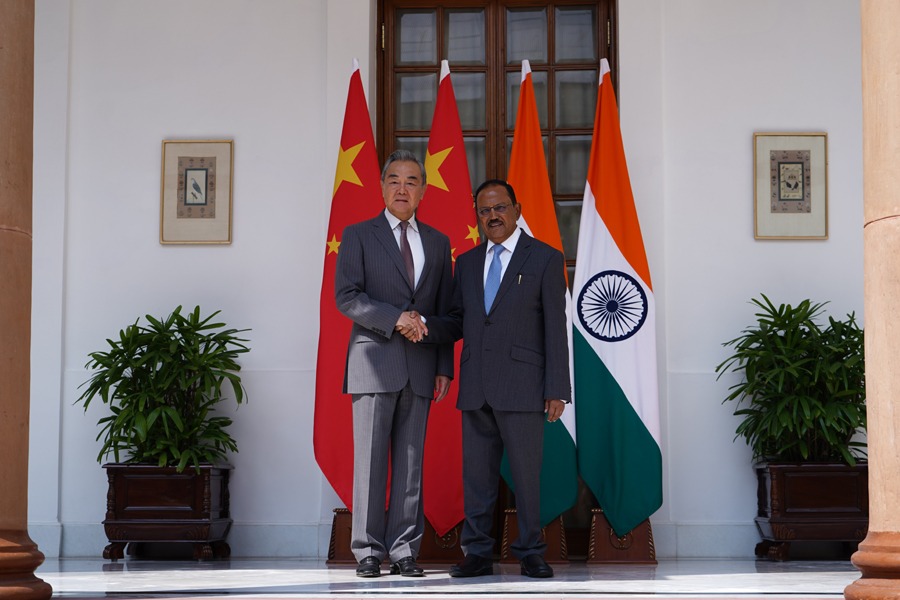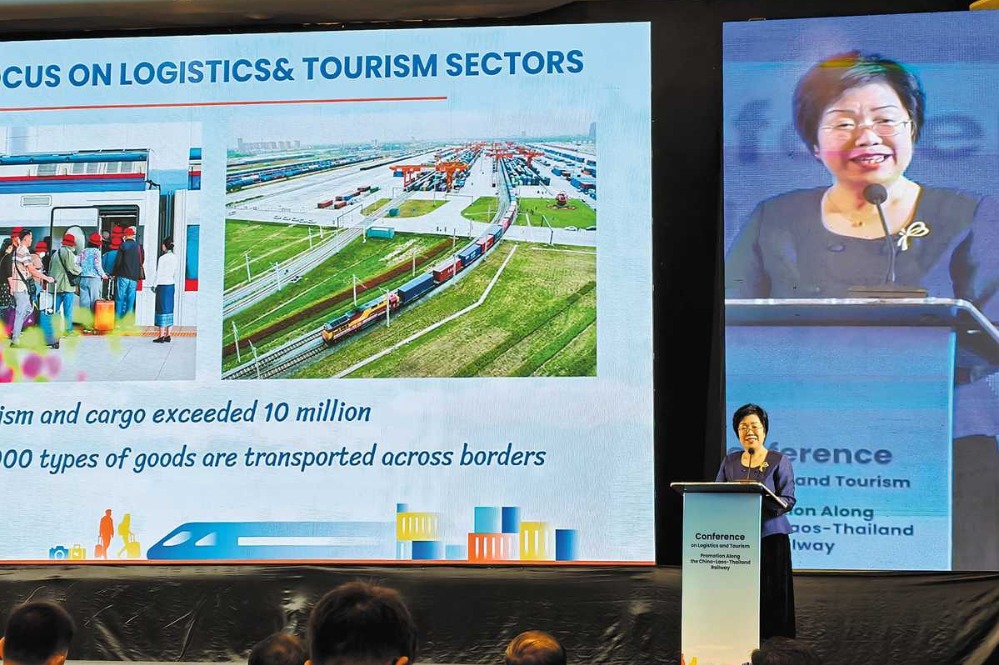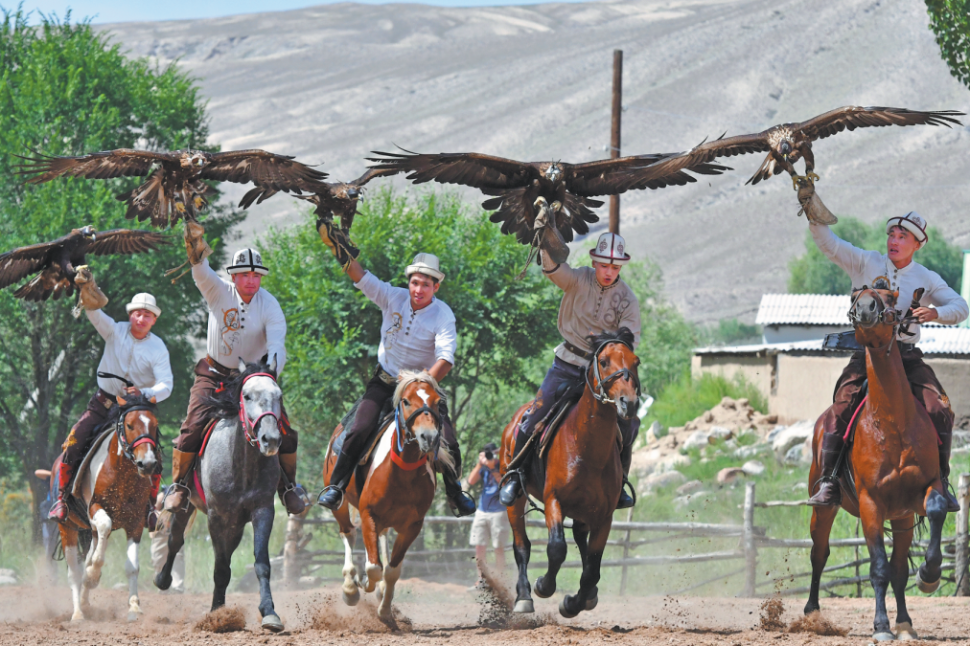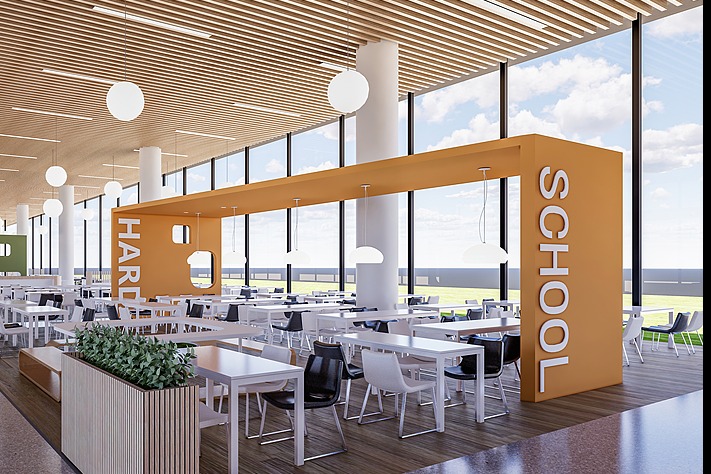Cloning camels in UAE safeguards heritage, strengthens food security


ABU DHABI, UAE — Camels, the ships of the desert, hold deep historical and cultural significance in the United Arab Emirates and preserving the finest of these animals for future generations has become a key mission for a leading biotechnology center in the country.
The Reproductive Biotechnology Centre in Dubai gained international acclaim in 2009, when it produced the world's first cloned camel, named "Injaz". Since then, numerous camels have been cloned, helping preserve the lineage of the most elite breeds.
Nisar Ahmad Wani, the center's scientific director, explained the long-term impact of cloning these prized camels.
"By harvesting cells from an elite animal, even after death, we can preserve its genetics indefinitely. These cells are stored in our cell bank and can be used years later to recreate that exact animal," he said.
It's not just about replicating elite camels, Wani said, "this technique could also support conservation efforts for endangered species, such as the Bactrian camel".
"We can use dromedaries as surrogate mothers to reproduce Bactrians or insert or delete genes to create genetically modified camels for specific traits," he said.
This technique could also help in the production of genetically modified camels either by insertion or by deletion of some genes in donor cells, Wani added.
In a previous report, another expert highlighted the sentimental value that has been attached to cloning procedures.
"Owners often have a strong emotional bond with their camels, and cloning strengthens these bonds by keeping their beloved mounts close at hand," said Khalifa Al Nuaimi, CEO of the Advanced Scientific Group.
In terms of genetics, camels are the most ideal desert companions. They conserve water efficiently, produce concentrated urine, and have physiological traits that enable them to cope with extreme heat and dust storms, making them ideal livestock for arid climates like the conditions in the UAE, Wani said.
"Camels are fundamental to food security and sustainable agriculture in dry regions," he said. "They provide milk, meat, wool, leather, and transport, especially in the UAE's desert ecosystem."
Wani also noted the growing economic impact of camel racing, milk production and beauty contests.
"Camels are part of the UAE's cultural heritage, but they are also a reliable, climate-resilient resource for future food systems," he added.
At the Reproductive Biotechnology Centre, techniques such as Somatic Cell Nuclear Transfer, or SCNT, commonly known as cloning, and Multiple Ovulation and Embryo Transfer, or MOET, are employed to enhance camel production.
"With MOET, we can obtain multiple offspring from elite females in one breeding season. Embryos are flushed from a donor and transferred to synchronized surrogate camels," Wani explained.
"In SCNT, we use a donor camel's cells, often stored in our cell bank, to produce embryos in the lab. These embryos are then transferred to surrogate mothers. The resulting calves are exact genetic copies of the donor, whether it is a racing male, beauty queen, or high-producing dairy female."
ALETIHAD NEWS CENTRE
















